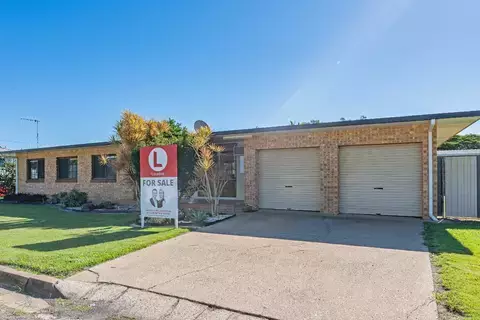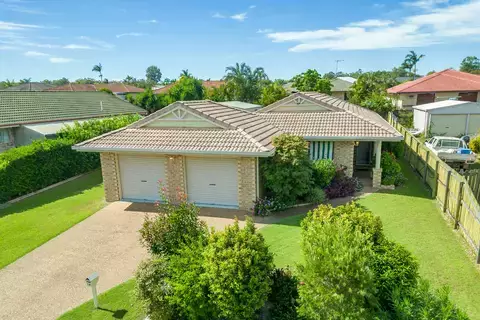Selling property can be a significant financial decision, especially when you consider how the Australian Taxation Office (ATO) views the transaction. For homeowners and investors in Bundaberg, understanding the Tax implications selling property Bundaberg is crucial for effective planning and avoiding unexpected liabilities. The ATO applies specific rules regarding Capital Gains Tax (CGT), main residence exemptions, and investment property deductions, which all influence how much tax you may owe after a sale.
Let’s break down how the ATO treats property sales in Bundaberg and what sellers should consider to stay compliant while optimizing their returns.
What Is Capital Gains Tax (CGT) and How Does It Apply?
When you sell a property in Bundaberg, the ATO generally treats any profit made on the sale as a capital gain. This gain is subject to Capital Gains Tax (CGT). If you’ve owned the property for more than 12 months, you may be eligible for a 50% CGT discount if you're an Australian resident for tax purposes. However, the amount you pay in tax depends on how long you’ve owned the property, whether it was your main residence, and how the property was used during ownership.

For instance, if you purchased an investment property in Bundaberg and later sold it at a higher price, you’ll need to calculate the capital gain by subtracting the cost base (purchase price plus associated costs like stamp duty and legal fees) from the sale price. This gain gets added to your assessable income for the financial year and taxed at your marginal rate.
Do Main Residence Exemptions Apply in Bundaberg?
If the property sold was your primary place of residence, the ATO may offer a full or partial CGT exemption. This exemption applies if:
- The property was your main home the entire time you owned it
- You didn’t use it to generate income (e.g., renting it out)
- The land is 2 hectares or less
In Bundaberg, where many homes are owner-occupied, this exemption can significantly reduce the tax implications of selling property in Bundaberg. However, if you rented out your property for part of the ownership period or used it for business purposes, the ATO will likely require you to pay partial CGT.
What About Investment Properties?
For investors, the rules are different. The ATO considers rental income and any associated deductions when assessing the tax position. At the time of sale, investors must report capital gains and pay CGT on the profit. However, you can offset this gain with legitimate deductions such as:
- Property depreciation
- Capital works deductions
- Repairs and maintenance costs
- Selling costs like agent fees and advertising
If you incurred a capital loss on the sale instead of a gain, you could carry this forward to reduce capital gains on future investments.
Scott Wade, a local property expert, notes that many Bundaberg investors overlook the importance of accurate record-keeping. “Keeping all receipts and financial records throughout the ownership of the property can save thousands at tax time,” says Scott Wade.
What if You Inherited the Property?
The tax treatment for inherited properties in Bundaberg depends on the acquisition date and usage. If the deceased acquired the property before 20 September 1985 (when CGT was introduced), you may benefit from CGT concessions. However, selling an inherited property will usually still trigger a CGT event unless you lived in it as your main residence after inheriting.

Are There Any GST Implications?
In most residential property sales, GST does not apply. But if you're in the business of selling new residential properties or if you're developing land, you might be required to register for GST and report it accordingly. This includes subdividing and selling land, which is common in growing regions like Bundaberg.
When Should You Seek Professional Advice?
Given the complex nature of property taxation, it’s wise to consult a qualified accountant or tax advisor before selling. Tax laws can change, and the ATO’s interpretation of rules may vary depending on individual circumstances. Speaking with a local real estate professional like Scott Wade can also provide valuable insights specific to the Bundaberg market and help align your sale with tax efficiency.
Final Thoughts
Understanding the tax implications of selling property in Bundaberg is essential to making informed financial decisions. Whether it’s your family home, an investment, or an inherited property, the ATO has clear guidelines on how tax applies. From CGT to main residence exemptions and possible GST considerations, staying informed can save you both stress and money. Taking the time to prepare and seek professional guidance will help ensure your sale is not only successful but also tax-smart.







